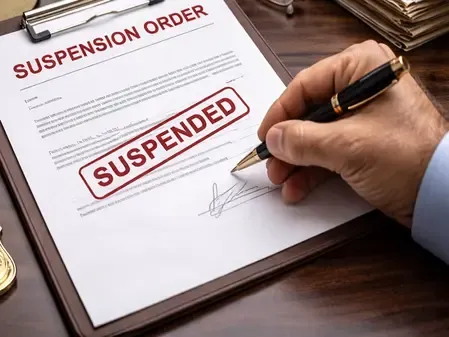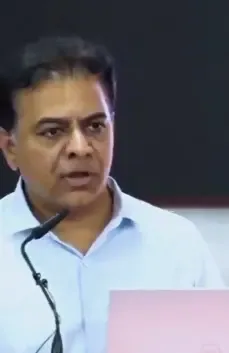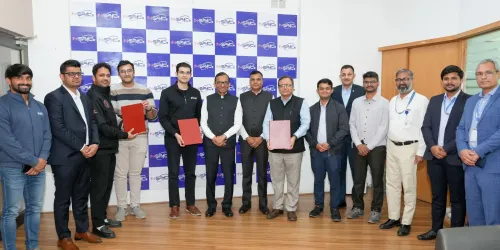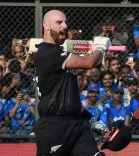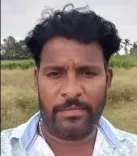Why is the K’taka government supporting the Centre’s caste census while urging for additional surveys?
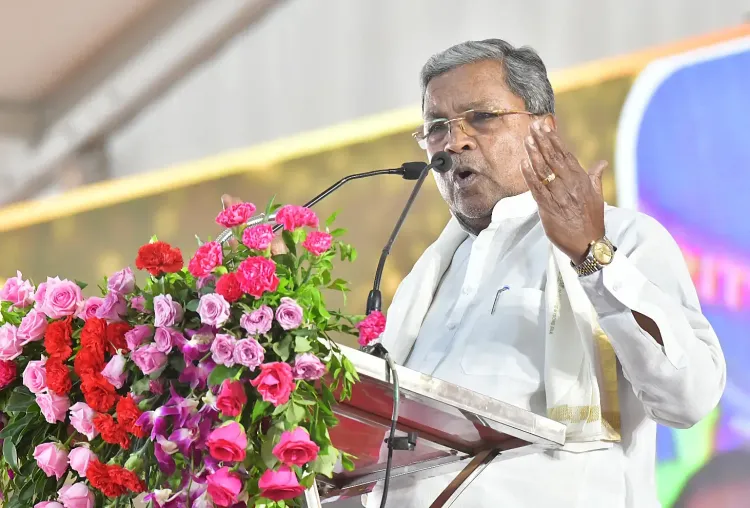
Synopsis
Key Takeaways
- Karnataka government supports caste census while urging additional surveys.
- Chief Minister Siddaramaiah emphasizes the need for comprehensive data.
- Surveys aim to inform scientific reservation policies.
- Supreme Court advocates for data-driven approaches to reservations.
- BJP acknowledges the social significance of the caste census.
Bengaluru, April 30 (NationPress) The Congress-led administration in Karnataka has expressed its support for the Central government's initiative to carry out a caste census across the nation. However, it has also called for a comprehensive social, economic, and educational survey to be conducted alongside this census.
Chief Minister Siddaramaiah made this statement on Wednesday, following the Union Cabinet's decision.
He stated: "Our government sincerely welcomes the central government's plan to implement a caste census in conjunction with the population census. Simultaneously, I urge the Central government to also undertake a social, economic, and educational survey alongside the caste census."
“In Karnataka, we not only executed a caste census but also conducted a survey of the social, economic, and educational conditions simultaneously. This data has been utilized to revise the current reservation policy and enhance its limits. I trust that the central government will also complete this process alongside the caste census,” CM Siddaramaiah added.
The main aim of a caste-focused social, economic, and educational survey is to formulate a scientific reservation policy. The Supreme Court has consistently highlighted the necessity for such a survey whenever reservation-related cases have been presented, a point CM Siddaramaiah stressed.
“During my time as Deputy Chief Minister in the Dharam Singh government in Karnataka, we established a Permanent Backward Classes Commission and decided to conduct a social, economic, and educational survey in conjunction with the caste data. Unfortunately, due to various circumstances, that decision was not implemented at the time. I had to return as the Chief Minister to realize that decision,” he noted.
“I extend my congratulations to Congress leader and the Leader of the Opposition in the Lok Sabha, Rahul Gandhi, who has consistently backed the decision to elevate the reservation ceiling alongside the caste census, making it a key part of the party’s national agenda and campaigning across the nation. Although Prime Minister Narendra Modi may not openly acknowledge it, the public is aware that it is due to Rahul Gandhi's unwavering efforts and pressure that the decision to conduct a caste census has finally been made,” Siddaramaiah asserted.
“It is indeed a positive development that the Bharatiya Janata Party (BJP) and its government, which has long criticized the caste census for supposedly heightening caste conflicts and fragmenting society, have now recognized the social importance of the caste census,” he remarked.
“Caste is a reality within India’s social fabric. Disregarding its existence is nothing short of self-deception. Only by acknowledging the reality of caste can we initiate efforts to eradicate it. I firmly believe that the annihilation of caste is achievable solely through the elimination of economic and social inequalities,” Siddaramaiah stated.
The report stemming from the social, economic, and educational survey conducted in Karnataka is now finalized. The BJP's state unit is contesting it by presenting various objections. Efforts are also underway to amend the reservation policy and raise the current 50 percent cap based on this survey.
“I urge Prime Minister Narendra Modi to counsel and guide the leaders of the BJP’s state unit, who are impeding these efforts,” he insisted.
Just as they initially criticized our party’s 'Five Guarantees' scheme only to later adopt it into their own agenda, the Prime Minister Narendra Modi-led government's embrace of our caste census program is evidence that Congress' policies and initiatives are genuinely people-centric, Siddaramaiah claimed.
The caste-based social, economic, and educational survey initiated by the Karnataka government serves as a thorough and exemplary model. The state government is prepared to extend any advice and cooperation to the central government in this regard, he concluded.



